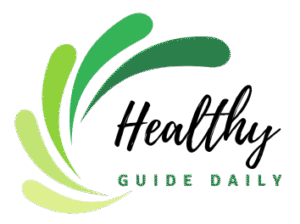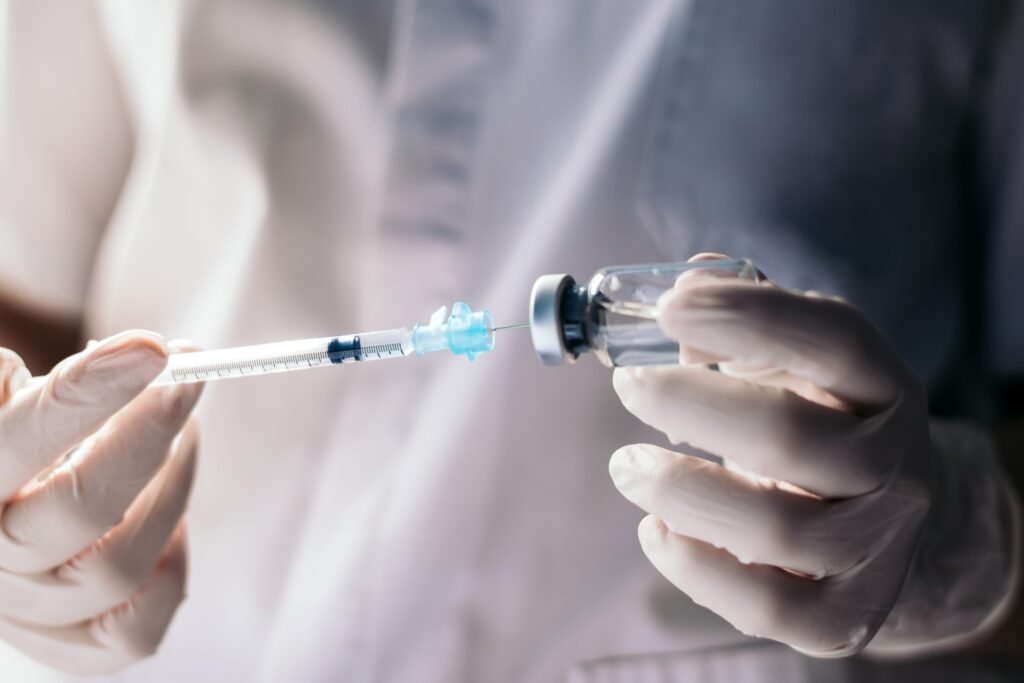A groundbreaking Japanese study exposes a hidden vulnerability in COVID vaccine protection that puts millions at risk for breakthrough infections.
Story Highlights
- Japanese researchers tracked 2,526 people for 18 months, discovering four distinct immune response patterns after vaccination
- “Rapid-decliners” lose antibody protection quickly despite strong initial responses, facing higher breakthrough infection rates
- IgA(S) antibody levels serve as critical markers for nasal protection and infection risk assessment
- Study reveals need for personalized vaccination strategies rather than one-size-fits-all government mandates
Four Immune Response Patterns Identified
Nagoya University researchers tracked over 2,500 individuals for 18 months following COVID-19 vaccination, revealing four distinct immune response categories. The study identified durable responders who maintained high antibody levels, rapid-decliners who lost protection quickly, vulnerable responders with consistently low protection, and intermediate responders falling between these extremes. This classification system challenges the federal health establishment’s blanket vaccination approach by demonstrating significant individual variability in immune protection.
The hidden group that loses COVID protection fast.
"A Japanese study reveals a group who lose vaccine protection faster than others—even if they start with stronger antibody levels."
Source: https://t.co/KHeHxgx6Wr pic.twitter.com/VJxty1nwRJ
— Denis – The COVID info guy – (@BigBadDenis) September 19, 2025
Rapid-Decliners Face Higher Infection Risk
Despite achieving robust initial antibody responses, rapid-decliners experienced accelerated protection loss and increased breakthrough infection rates. These individuals showed strong early immune responses that misled both patients and healthcare providers into believing they possessed adequate long-term protection. The research demonstrated that initial antibody strength provides false security, as rapid-decliners faced infection rates comparable to those with consistently poor immune responses throughout the study period.
IgA Antibodies Reveal Protection Gaps
Blood IgA(S) antibody levels emerged as crucial predictors of nasal protection and breakthrough infection susceptibility. Low IgA(S) levels correlated directly with reduced mucosal immunity, the body’s first defense against respiratory infections. This discovery provides healthcare providers with a measurable biomarker to identify high-risk individuals before infections occur. The finding contradicts health officials’ reliance solely on general antibody counts while ignoring this critical protective component.
Personalized Medicine Challenges Government Mandates
Professor Shingo Iwami emphasized the necessity for individualized vaccination strategies based on antibody monitoring rather than population-wide mandates. The research supports targeted booster recommendations for identified rapid-decliners while potentially reducing unnecessary interventions for durable responders. This approach represents a fundamental shift from bureaucratic one-size-fits-all policies toward evidence-based, personalized healthcare decisions. The study’s implications extend beyond COVID-19, suggesting broader applications for future vaccine development and administration protocols.
The 18-month tracking period provided unprecedented insight into long-term immune dynamics following vaccination. Researchers collected blood samples every three months, creating the most comprehensive antibody decline dataset available. This extensive monitoring revealed patterns invisible in shorter studies that influenced previous health policy decisions. The rigorous methodology strengthens confidence in the findings and their implications for public health strategy moving forward.
Sources:
Fukushima Vaccination Community Survey: Community-level COVID-19 vaccine safety surveillance
Why do some people lose COVID vaccine protection faster? Japanese study reveals four immune response patterns
Mathematical modeling of antibody dynamics and durability in SARS-CoV-2 vaccination
Immune response classification and breakthrough infection prediction in COVID-19 vaccinated individuals







